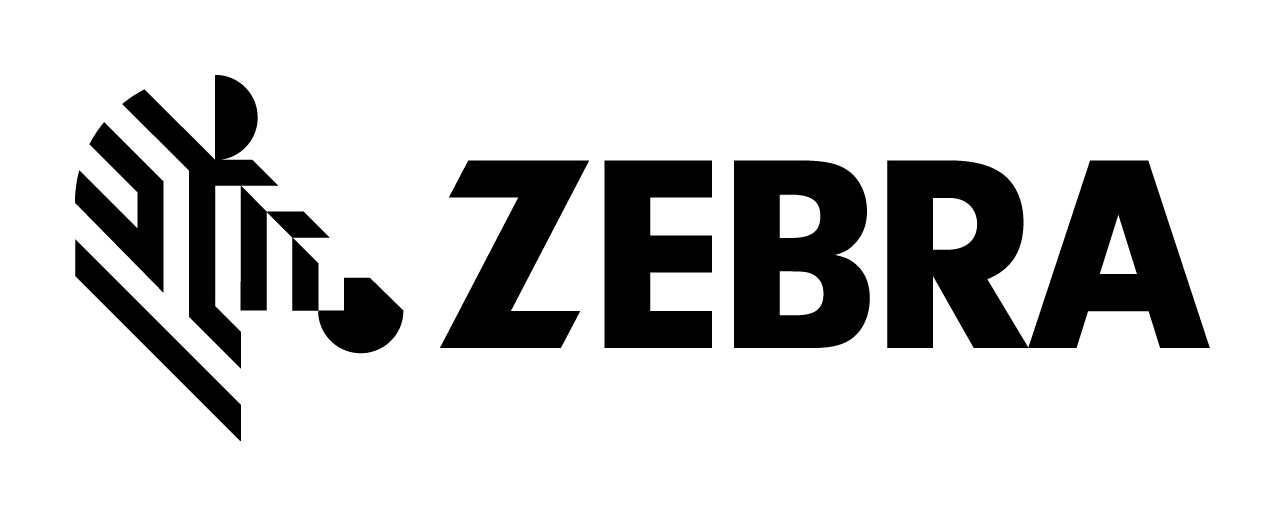
Generation Z (Gen Z) is making up more and more of today’s retail workforce, representing around 27 percent of the population, or 72 million Americans. The oldest are in their twenties, and as they continue to come of age, they are taking roles in retail as associates and even managers. Broadly speaking, Gen Z members have a high level of competency with mobile technology and communicate primarily through social media and mobile texts.
The better we understand how these behaviors impact Gen Z employees in the workplace, the better we can find ways to engage them and help them be productive on the sales floor.
Changing Pressures in the Retail Industry
Recently, many variables have radically changed how traditional chains interact with customers:
Omnichannel shopping: Across the board, retailers adopted to changing shopping habits–omnichannel purchasing being a major one. This meant associates in grocery stores and other chains became involved in packing orders, delivering goods, and supporting buy online pickup in store (BOPIS) processes, as well as overseeing self-service kiosks, and more.
Revamping the store and its role: Along with these omnichannel changes, stores themselves changed. In some cases, they are or contain mini-warehouses that support regional chain needs. With BOPIS and related processes, stores also must handle packing shipments and processing returns. All of this demands a new type of highly trained employee, comfortable in a variety of non-traditional retail roles.
Heightened customer service: Those shoppers who do visit stores are demanding nothing less than an efficient and convenient experience. What worked pre-pandemic will no longer succeed in this market. Associates must be as knowledgeable, flexible, and as highly trained as possible, ready to do more than ever to keep the customer returning again and again.
Safety enforcement: The pandemic has forced managers and associates to become virtual public safety specialists. Employees must uphold safety policies (such as masks) and distancing guidelines, deal with uncooperative shoppers, and more. This requires training and access to the latest safety policies, issued from the corporate office–which, in turn, is attempting to comply with ever-changing guidance from state, federal and municipal authorities.
Tight labor market: As we all know, top-notch associates are in high demand, and can command better wages than before the pandemic. It’s more difficult (and costly) perhaps than ever to recruit, train, and retain the sorts of associates most in demand in this very competitive time.
All of these factors have added a great deal of pressure on both stores and the Gen Z employees who must navigate these circumstances.
Solutions to Support Your Generation Z Front-line Employees
Navigating these challenges is an opportunity for retailers to simplify work at their stores, streamlining key execution processes and optimizing their labor spend. With real-time store operations and workforce management solutions, you can foster a more collaborative workplace for your Generation Z employees, improving engagement and retention.
Solution capabilities can include:
- Real-Time Task Management: Such a solution, accessed via an easy-to-use mobile device, is a natural fit for Gen Z. Ideally, the software should provide a prioritized list of tasks to be done for the day, with the ability for corporate, the store, or third-party devices to send them new tasks in real time. It also should provide associates with automated alerts (to respond to, say, an unfolding customer event) that updates them when a new, high-priority task comes in. These solutions promote accountability by tracking progress and informing your associates if a task remains uncompleted. In doing so, any potential problems are addressed immediately.
- Real-Time Communication: Those in Generation Z are very familiar with using text messaging and social media to communicate. It’s a great advantage to adopt a real-time communication solution that can be used to send messages from anywhere, at any time. Such a solution should also be able to take feedback from the front line, especially when there are unforeseen situations that require managerial intervention or guidance. Real-time communication solutions also give managers the ability to offer corrections on the fly–or praise and reinforcement, as needed.
- Intelligent Workforce Management: An AI-powered workforce management solution can automate the scheduling process, ensuring that your front-line associates receive accurate and precise labor schedules that take all of their preferences and needs into consideration. They also ensure that in-store workload is aligned with labor scheduling, creating schedules that have the right amount of employees scheduled to handle all in-store tasks. Employee self-service solutions are also critical to empowering your front-line employees. These solutions give your employees the ability to check their schedules and time cards at any time, as well as the functionality to swap shifts and send sick leave requests – all from their mobile phones. Store managers receive these requests in real time and can approve or reject them as soon as they come in.
To learn more about how to empower your Generation Z front-line employees, check out our white paper, “Increasing Retail Employee Engagement and Retention in Today’s New Normal.”










